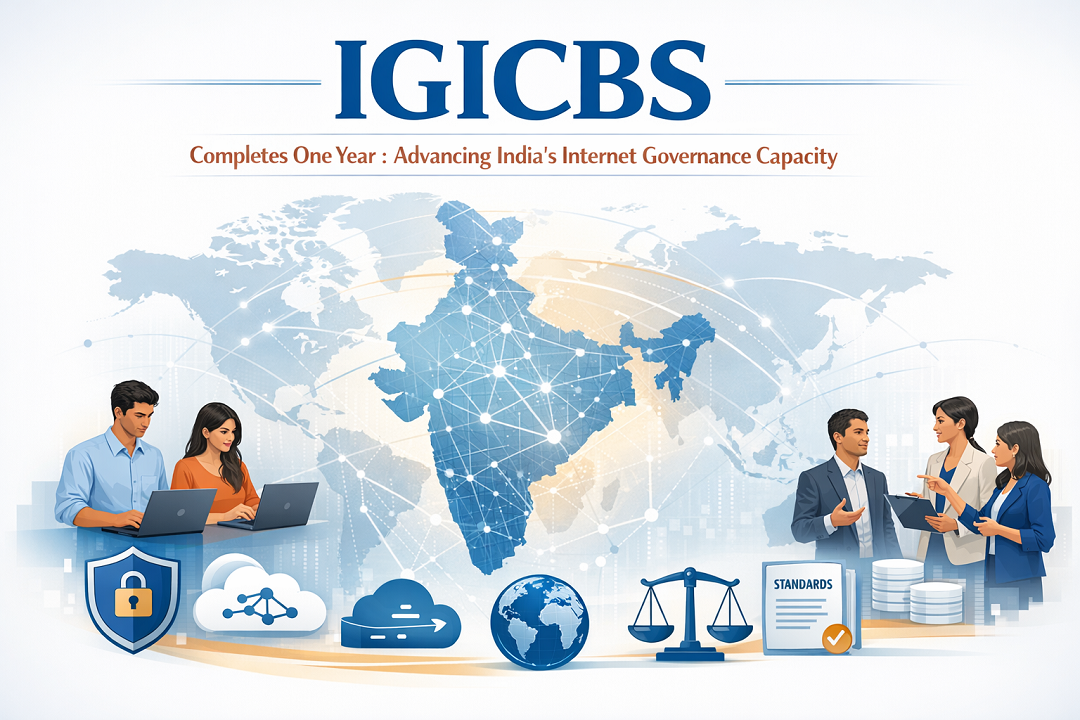Context:
- The Delhi High Court recently intervened to protect the personality rights of actors Aishwarya Rai Bachchan and Abhishek Bachchan.
- The case arose from the unauthorised AI-generated use of their images and voices, highlighting the challenges of identity protection in the digital era.
- The judgment reinforces the growing recognition of personal dignity, privacy, and commercial rights of public figures in India.
1. Personality Rights in India
- Definition: Legal rights protecting a person’s name, image, likeness, voice, and signature from unauthorised commercial use.
- Constitutional Basis: Rooted in Article 21 (Right to Privacy & Dignity).
- Statutory Anchors:
- Copyright Act, 1957: Performers’ rights (Sections 38A & 38B).
- Trade Marks Act, 1999: Names, catchphrases, and signatures can be trademarked.
- Common Law Tort (Passing Off, Sec. 27): Protects against false endorsements and misuse of goodwill.
2. Judicial Evolution
- R. Rajagopal v. State of Tamil Nadu (1994, SC): Recognised privacy as part of Article 21 and affirmed control over identity use.
- Rajinikanth Case (Madras HC, 2015): Restrained unauthorised use of celebrity name/image without proof of deception.
- Anil Kapoor v. Various Entities (Delhi HC, 2023): Protected voice, catchphrases, and persona, clarified exceptions for satire & parody.
- Jackie Shroff Case (Delhi HC, 2024): Prohibited misuse in e-commerce & AI chatbots, emphasising brand equity.
- Arijit Singh v. Codible Ventures (Bombay HC, 2024): AI-based voice cloning ruled illegal; highlighted generative AI risks.
3. Personality Rights vs Free Speech
- Article 19(1)(a): Guarantees freedom of speech, subject to reasonable restrictions (Art. 19(2)).
- Courts’ Balance: Dignity of individuals vs public interest in creativity.
- Permissible Uses: Satire, parody, lampoon, news reporting, academic/artistic work.
- Prohibited Uses: Commercial exploitation, false endorsement, degrading deepfakes.
- Key Case: DM Entertainment v. Baby Gift House (2010): Warned against overexpansion stifling free speech.
4. Challenges in the Digital Era
- AI & Deepfakes: Voice cloning, synthetic videos, impersonation threaten privacy & dignity.
- Rapid Content Proliferation: Spread faster than takedowns, weakening enforcement.
- Fragmented Legal Framework: No single statute; protection relies on scattered judicial precedents.
- Women’s Vulnerability: Increasing misuse via revenge porn and morphed images.
- Censorship Risk: Over-expansion may chill satire, parody, or political critique.
5. Way Forward
- Comprehensive Legislation: Codify personality rights, harmonising privacy, IP, and IT laws.
- AI Regulation: Mandate watermarking, platform accountability, liability for deepfake misuse.
- Clear Exceptions: Protect satire, criticism, and academic use to avoid overreach.
- Gender-Sensitive Safeguards: Stronger remedies for women against non-consensual digital exploitation.
- Awareness & Registration: Encourage voluntary registration of celebrity attributes as intellectual property.
Conclusion
- Personality rights have emerged as a vital shield for protecting dignity and identity in the AI-driven digital era.
- Courts have partially filled the legal vacuum, but fragmented protection leads to inconsistencies.
- A balanced statutory framework is essential to protect individuals while safeguarding free expression and democratic values.
Source : The Hindu



